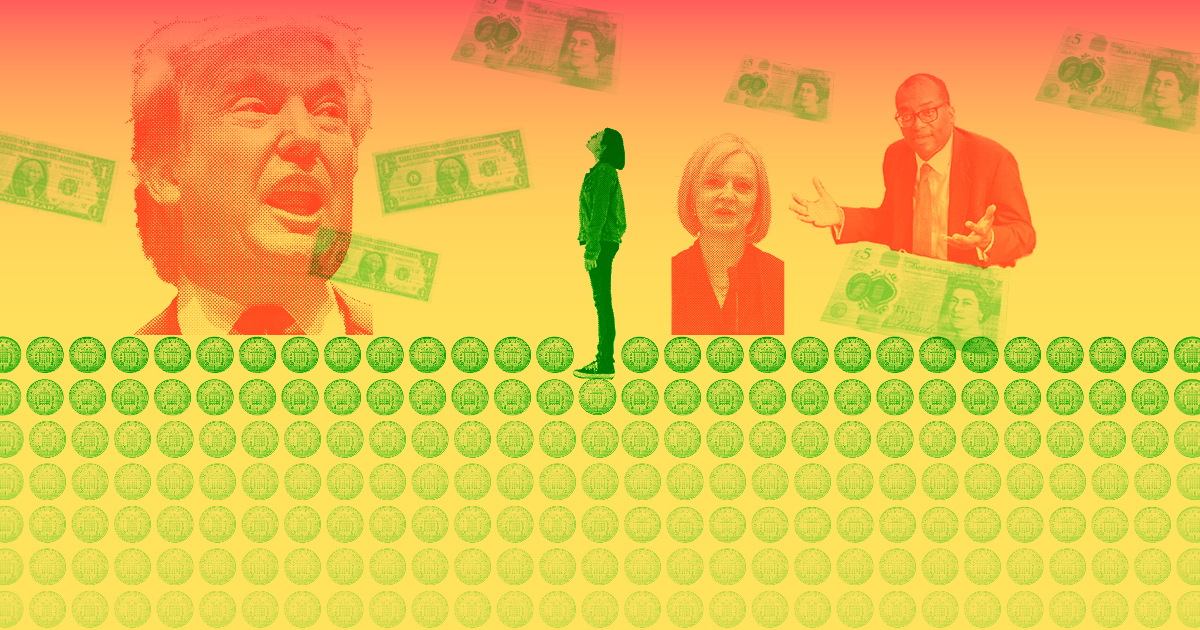I've answered your questions, more than once but you won't read.
money circulation descriptions. The things you were referring to in the post a couple back.
And you're calling me a dunce?
Now this model which you have cut and pasted
Not "this",
those.
This is second time I'm telling you that.
So tell me how doe the money supply increase - answer that one single question.
I gave you several ways the money supply is increases, not that it's relevant to the discussion.
But as I told you, as you're the one professing to be expert, YOU need to explain why you think it is.
I told you how several EU countries treat CGT differently from income tax. All that I looked up, in fact. It seems you're ignorant of that and won't accept the information I gave you or look at the reference I gave. I cited 3 countries, 'Your' article supplies a fourth - Canada.
The LSE article you quoted, you couldn't have read, because you would have found that, as I pointed out, the paper on which it relies does NOT address the title of the short article you quoted. I explained that. In other words your reference is in error, and what it actually addresses is different, it's irrelevant.
That's twice you've got that wrong.
Tax capital gains the same as income.
So you keep saying. And I'm pointing out that you haven't given an example of a country that does that. Or looked into any reasons why any of the 4 examples I gave, don't.
You have presented zero justification for your naive suggestion, or what else would have to change to accommodate it.
Calling someone a dunce doesn't abrogate you from that responsibility.
I am not arguing either way, I am questioning the reasons for your ranting.
Why should I have to write this twice? Because you won't contribute to the forum in a sensible way, because you're a troll.
Reported.
If you care to read the last article you cited, he doesn't present anything to conclude that reducing CGT doesn't increase growth, or decrease unemployment, or anything else. His focus the effect on tax receipts, basically which is very narrow, ignoring socioeconomic and other factors.
He says :
"For now there is not enough breadth of evidence to draw strong conclusions. I would therefore not support the view that the evidence is settled".
He does point out that
"There are theoretical arguments in support of everything from zero rates to high rates of tax on capital."
You will find arguments with clear conclusions for zero rates in:
Anthony B. Atkinson and Joseph E. Stiglitz, “The design of tax structure: Direct versus indirect taxation” (1976) 6:1–2
Journal of Public Economics; Christophe Chamley, “Optimal Taxation of Capital Income in General Equilibrium with Infinite Lives” (1986) 54:3
Econometrica ; Kenneth L. Judd, “Redistributive taxation in a simple perfect foresight model” (1985) 28:1 Journal of Public Economics.
Your link only illustrates some of the reasons for not ranting, and not calling anyone who asks for explanations of your rants as a dunce..


